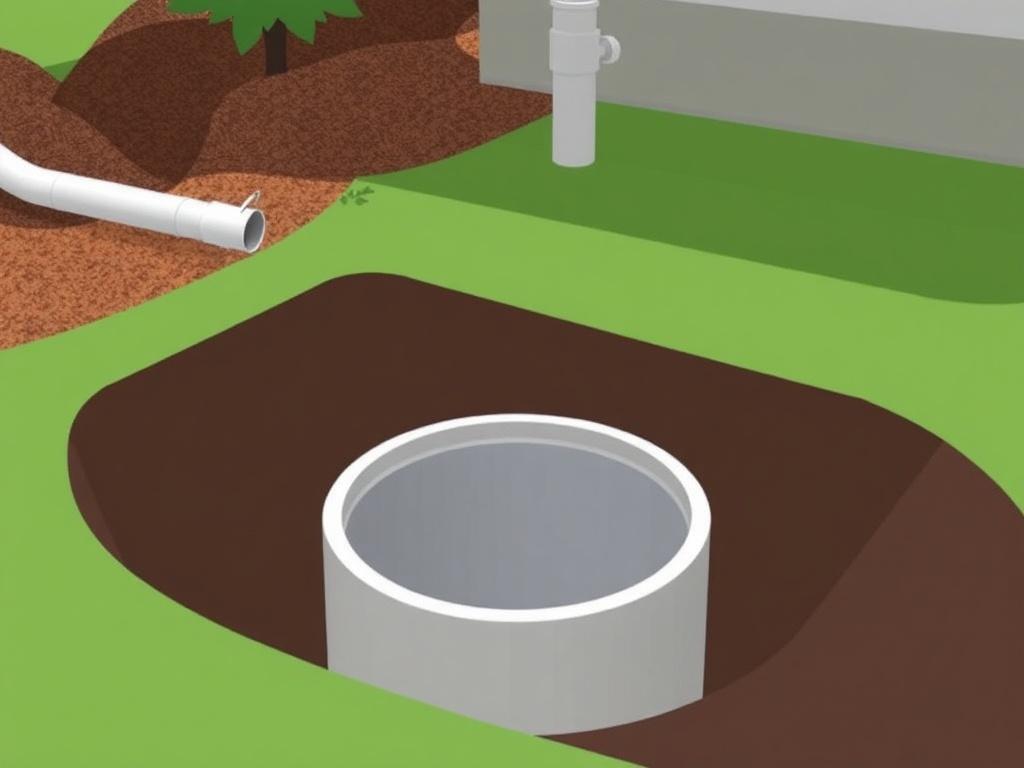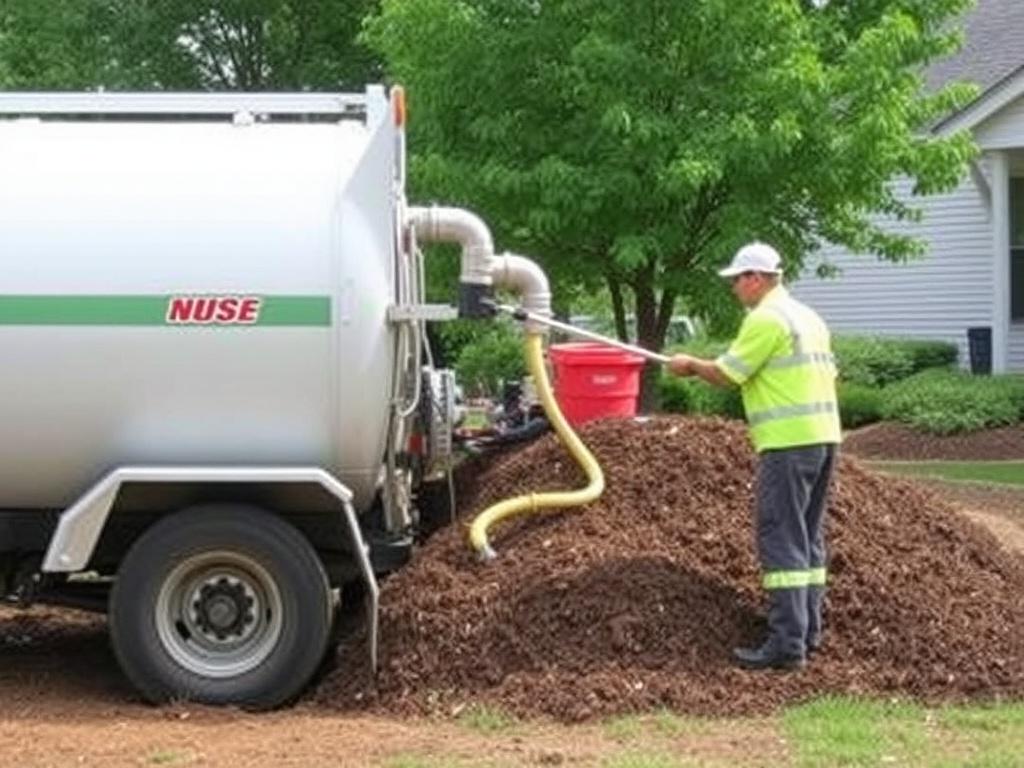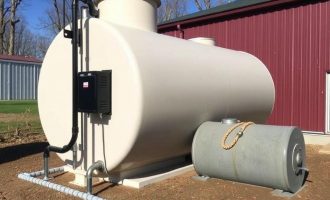Septic tanks play a crucial role in managing household wastewater when your property isn’t connected to a municipal sewer system. These underground systems collect, treat, and disperse wastewater safely, helping to protect your home and the environment. However, because septic systems require periodic maintenance and occasional repairs, homeowners often face a tricky landscape filled with potential scams. In this comprehensive guide, we’ll explore how to avoid septic tank scams, so you can keep your septic system reliable without falling victim to dishonest service providers.
- Understanding the Importance of Septic Tank Maintenance
- Common Types of Septic Tank Scams You Should Know
- How to Find a Trustworthy Septic Tank Service Provider
- 1. Do Your Homework and Research
- 2. Get Multiple Quotes
- 3. Ask the Right Questions
- 4. Get Everything in Writing
- Signs That You Might Be Facing a Septic Tank Scam
- Tips to Maintain Your Septic System and Reduce the Risk of Scams
- Regular Pumping and Inspection Schedule
- Be Mindful of What Goes Down the Drain
- Limit Water Usage
- Avoid Chemical Additives Without Expert Advice
- What to Do if You Suspect a Septic Tank Scam
- Septic Tank Scam Prevention Checklist
- How Technology is Changing the Septic Service Industry
- Additional Resources for Homeowners
- Conclusion
Understanding the Importance of Septic Tank Maintenance

Before diving into the pitfalls of septic tank scams, it’s essential to understand why septic system maintenance matters so much. Most homeowners only think about their septic tank when there’s a problem—a foul smell, slow drains, or sewage backing up in their home. Unfortunately, neglecting septic tank maintenance can lead to costly repairs or complete system replacement.
Regular septic tank inspections and pumping every 3 to 5 years can prevent blockages and failures. Licensed professionals check the tank’s baffles, inspect the drain field, and identify any signs of damage. However, because septic tanks are underground and out of sight, many homeowners rely heavily on experts’ honesty and expertise. This inherent trust is where some scams exploit homeowners.
Common Types of Septic Tank Scams You Should Know
When it comes to septic tank scams, these are the most frequent methods dishonest companies use to rip off homeowners:
- Unnecessary Repairs or Services: Some contractors may try to convince you that your septic system needs immediate expensive repairs, such as replacing the entire drain field, when only minor maintenance or no repairs are necessary.
- Overcharging for Pumping: Inflated prices for pumping services or charging hidden fees after completing the work are common tactics.
- Fake or Incomplete Pumping: Some companies claim to pump your septic tank but actually leave sludge behind, causing problems to resurface quickly.
- Flooding Your Drain Field: Adding unnecessary chemicals or excess water to “clean” the system can harm the drain field and lead to failure, which creates the need for pricey repairs.
- Using Substandard or Incorrect Equipment: Cheap or inappropriate materials might be used during repairs, compromising your system’s longevity.
Recognizing these scams is the first step in protecting yourself. Let’s now look at practical strategies to avoid them.
How to Find a Trustworthy Septic Tank Service Provider

Choosing the right septic tank service provider is key to preventing scams. Here’s a step-by-step approach you can use:
1. Do Your Homework and Research
Start by asking friends, family, or neighbors for recommendations. Word-of-mouth referrals often lead to honest, reliable contractors. You can also search online for providers with strong customer reviews and ratings.
Use official websites or industry organizations to verify licenses and insurance. Many states require septic contractors to be certified, so check your local regulations and ensure your chosen company complies.
2. Get Multiple Quotes
Don’t accept the first bid you receive. Ask at least three different companies to inspect your system and provide estimates. This will give you an idea of the reasonable price range and help you spot any unusually high or low offers.
3. Ask the Right Questions
Before hiring anyone, ask specific questions about their services, experience, and guarantees. Examples include:
- How long have you been in the septic business?
- Do you provide written estimates and invoices?
- Are you licensed, insured, and bonded?
- What does your pumping service include?
- What chemicals or additives do you recommend, and why?
Their willingness to answer and transparency will tell you a lot about their professionalism.
4. Get Everything in Writing
Avoid verbal agreements only. Always insist on detailed written contracts outlining the scope of work, costs, timelines, and any guarantees or warranties. This protects you if disputes arise later.
Signs That You Might Be Facing a Septic Tank Scam
Some warning signs can alert you that a company might not have your best interests at heart. Look out for:
| Warning Sign | What It Means | How to Respond |
|---|---|---|
| Pressure to Act Quickly | They want you to authorize expensive repairs immediately. | Take time to seek second opinions and do research. |
| No Written Estimate or Contract | Lack of accountability and potential hidden fees. | Never proceed without written documentation. |
| Unmarked Vehicles or No Identification | Illegitimate or unprofessional operators. | Request company ID, licenses, and vehicle markings. |
| High Upfront Payment Requests | Risk of disappearing with your money without doing work. | Use payment plans based on milestones or after completion. |
| Excessive Use of Chemicals | Possible damage to your septic system and drain field. | Get expert advice before using any additives. |
Tips to Maintain Your Septic System and Reduce the Risk of Scams
Taking proactive steps to care for your septic system can reduce emergency situations, limiting your reliance on contractors and vulnerability to scams. Here are some actionable tips:
Regular Pumping and Inspection Schedule
Stick to a pumping schedule recommended by experts—usually every 3 to 5 years. Regular inspections can detect issues early and avoid unnecessary repairs.
Be Mindful of What Goes Down the Drain
Avoid flushing non-biodegradable items (wipes, sanitary products, diapers) or grease down your drains. These can clog your system and lead to failures.
Limit Water Usage
Excessive water overloads the septic tank and drain field. Fix any leaks and spread out laundry loads throughout the week.
Avoid Chemical Additives Without Expert Advice
Many additives claim to cleanse or maintain septic tanks but may harm the natural bacterial balance critical for wastewater treatment.
What to Do if You Suspect a Septic Tank Scam
Finding out you may have been scammed can be stressful, but there are measures to protect yourself:
- Contact your state’s consumer protection office or licensing board to file a complaint.
- Gather all documentation: contracts, receipts, estimates, and communication records.
- Request a second opinion from a reputable septic service provider to assess the work done.
- If payment was made by credit card, consider disputing the charge if the work was incomplete or unsatisfactory.
- Share your experience online to warn other homeowners.
Having a clear course of action can help you feel empowered in what can otherwise be a frustrating situation.
Septic Tank Scam Prevention Checklist
To summarize, here’s a handy checklist that you can keep in mind to avoid septic tank scams:
| Step | Action |
|---|---|
| 1 | Research and verify licenses and certifications. |
| 2 | Request multiple quotes and compare prices. |
| 3 | Ask detailed questions about services and equipment. |
| 4 | Insist on a written contract and detailed invoices. |
| 5 | Don’t pay large amounts upfront without a clear timeline. |
| 6 | Schedule regular septic tank inspections and pumping. |
| 7 | Limit water usage and be careful what you flush. |
| 8 | Avoid unnecessary chemicals or additives without expert approval. |
| 9 | If in doubt, get second opinions before agreeing to repairs. |
| 10 | Keep all paperwork organized for reference and complaints. |
How Technology is Changing the Septic Service Industry

In recent years, advances in technology have improved transparency and accuracy in septic tank maintenance. For example, some companies use video inspection cameras to show the interior condition of tanks and drain fields in real time, giving homeowners clear evidence of necessary repairs or cleanings. GPS tracking of service vehicles and the availability of online customer reviews also help guide more informed decisions.
Mobile apps are emerging to remind homeowners when to schedule pumping or inspections, reducing emergency calls that can sometimes lead to rushed and costly services. Staying aware of these new tools can further shield you from septic tank scams.
Additional Resources for Homeowners
Educating yourself is one of the best defenses against fraud. Here are some recommended resources:
- EPA Guide to Septic Systems – Expert information on septic system care.
- National Onsite Wastewater Recycling Association (NOWRA) – Links to certified professionals.
- Better Business Bureau – Verify business complaints and ratings.
These sites offer helpful tips and can connect you with trusted service providers.
Conclusion
Avoiding septic tank scams requires vigilance, research, and knowing the signs of dishonest contractors. By understanding your system, choosing reputable service providers, getting multiple estimates, and insisting on clear contracts, you protect both your home and your wallet. Regular maintenance, careful water use, and skepticism of hard-sell tactics will further reduce your risk of being taken advantage of. Stay informed, ask questions, get second opinions, and don’t let urgency push you into costly, unnecessary repairs. With these safeguards in place, you can confidently manage your septic system without fear of scams and enjoy peace of mind knowing your wastewater is handled safely and effectively.
Помогла вам статья?






